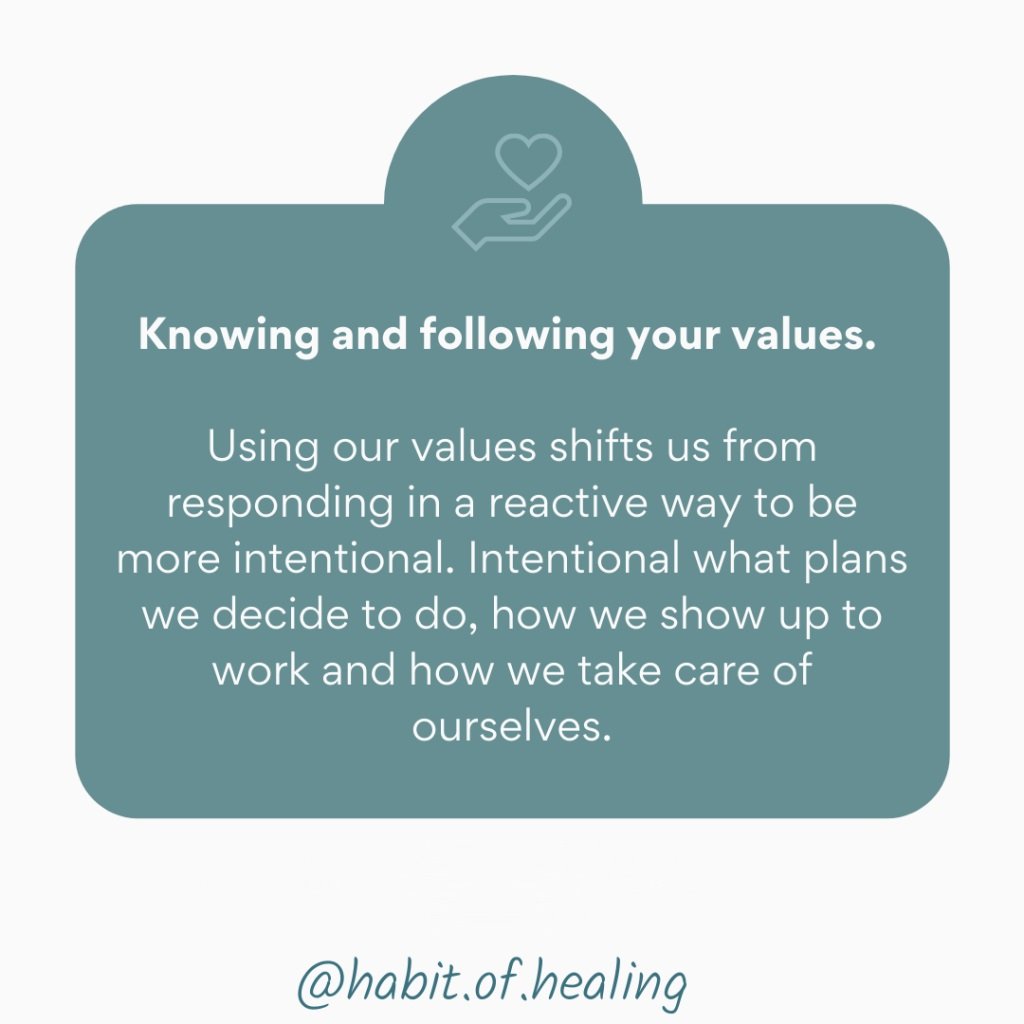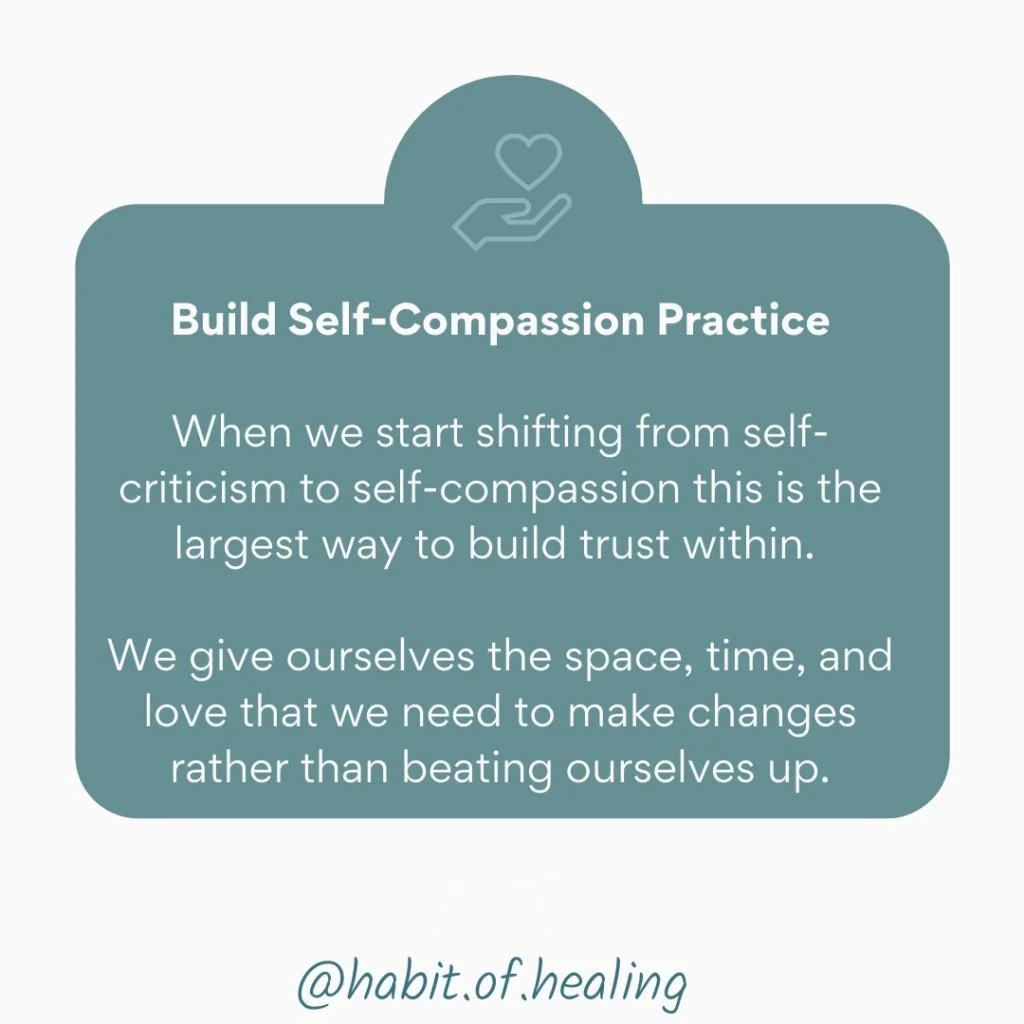Building Trust in Yourself, 4 Simple Steps and Additional Tips
By: Patrice Flanagan-Morris, LCSW
“Trust yourself” is a common phrase people use – telling you to follow your intuition or gut. Listen to yourself about what you should do next or where you should go. Trusting ourselves isn’t so easy when we haven’t been taught that we are trustworthy.
Sometimes it can be something as simple as feeling your feelings and being told you are fine. These messages are confusing and they teach us that we shouldn’t trust our internal landscape. Therefore, we learn that we need to look outward for answers because we aren’t trustworthy. The trouble with this is, we get lost. We start trusting the words of others over ourselves. We seek external validation and struggle with internal validation.
How Do I Build Trust Within Myself?
Here are 4 simple things that you can do to slowly start building trust within yourself:
These are simple ways to work on building trust. For many of us, there are deeper roots that have to be addressed. If you need additional support in doing so, one way we support building self-trust is through Brainspotting. Through Brainspotting we seek out what the obstacles are, and what you have learned that is holding you back from trusting yourself. We work towards supporting self-compassion to hold accountability for ourselves and supporting ourselves in moving forward. Often what makes us lose trust in ourselves is not knowing ourselves, not being internally connected.
Ways To Start Connecting Inwardly
Journaling is a great tool to support your internal connection. This can help you explore where you have learned some of your trust from, and experiences that may have impacted your trust, and start building a practice in which you hold compassion for yourself. Journaling can be challenging so if you are looking for tips on how to start click here.
Review the above practices and choose one to start with. Notice where you are following through and where you may be hitting some roadblocks. Instead of getting upset with yourself – try to get curious. Ask – what are the roadblocks about? Where could they be coming from? The more you lean into the patterns you are noticing, the more you learn about yourself.




